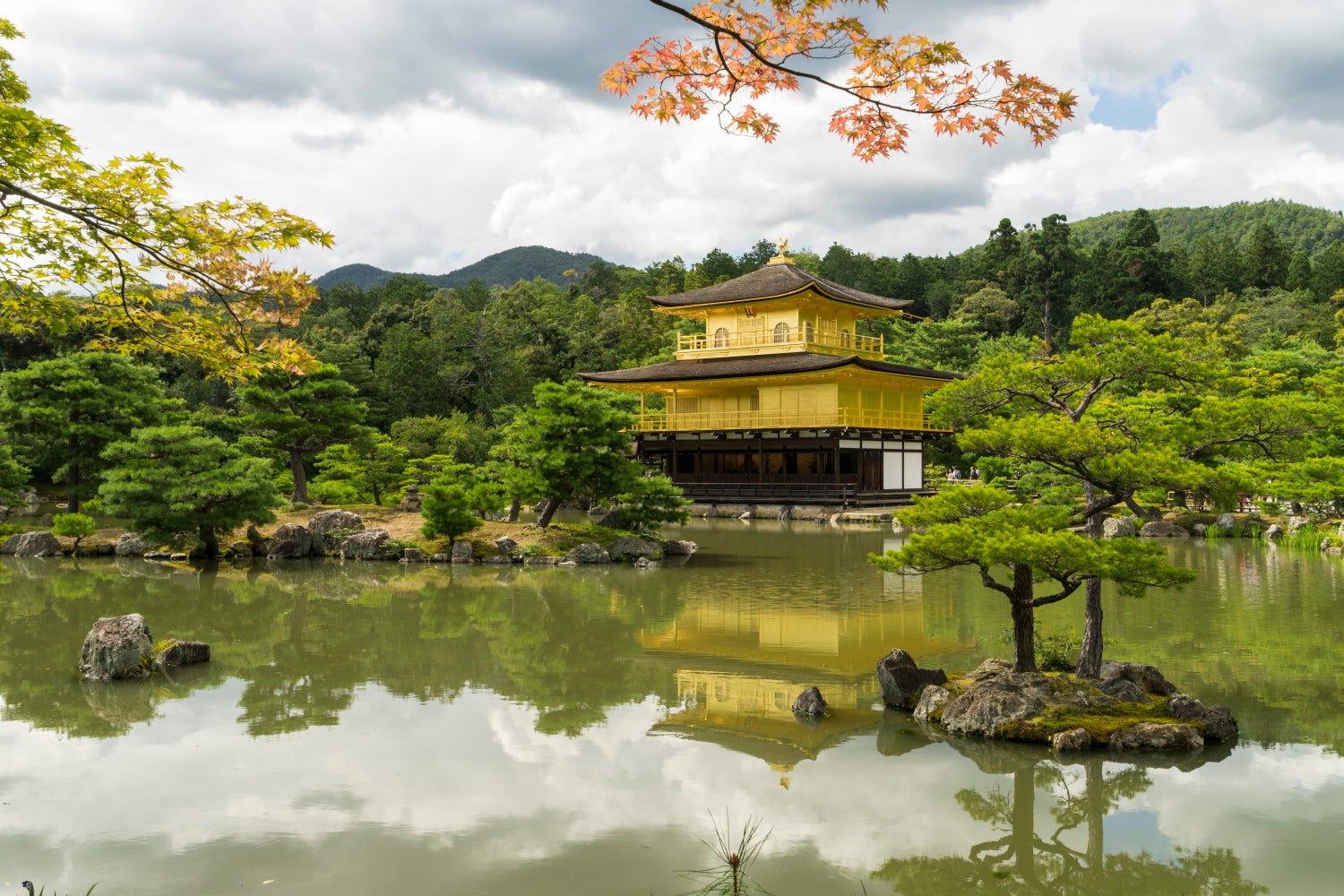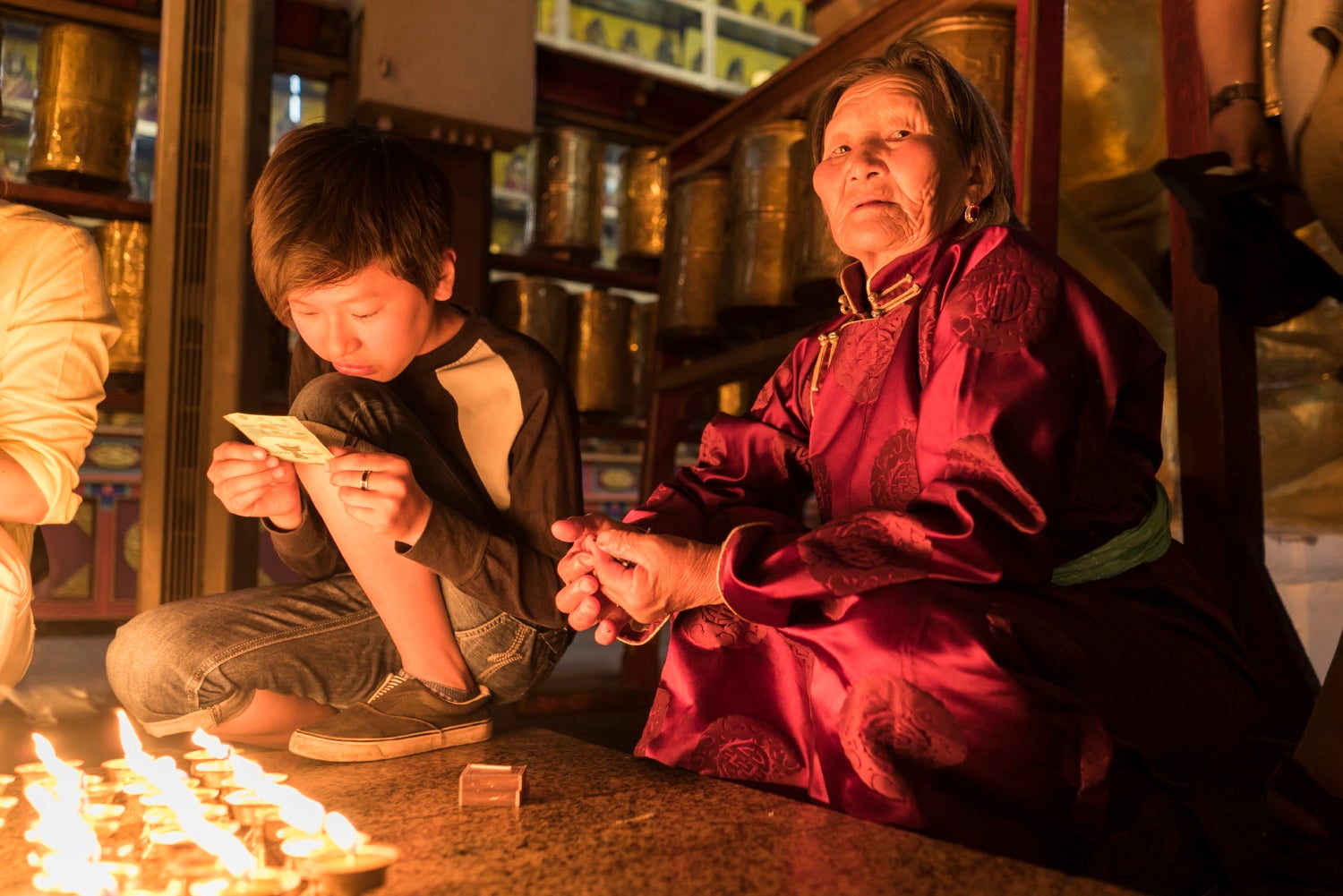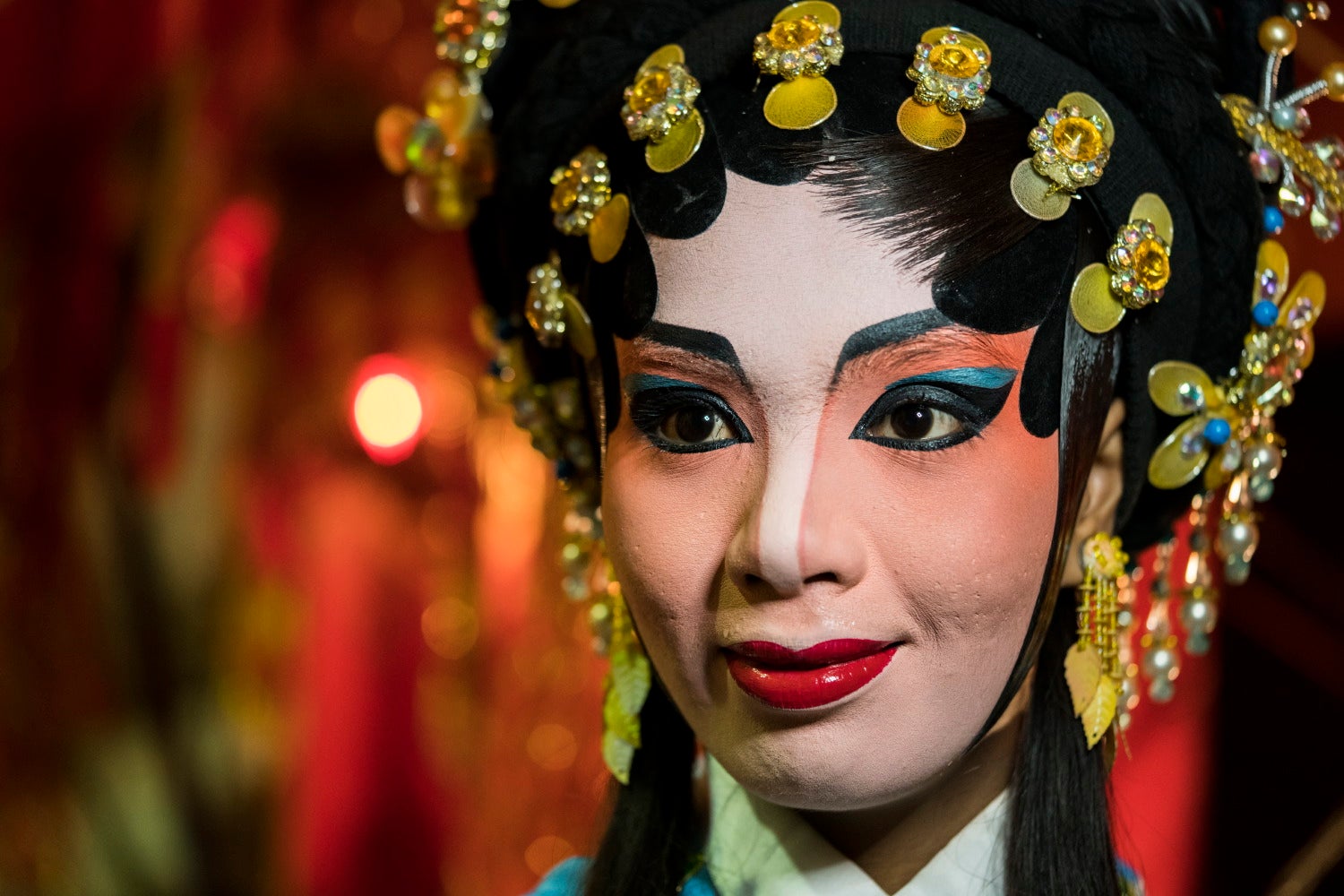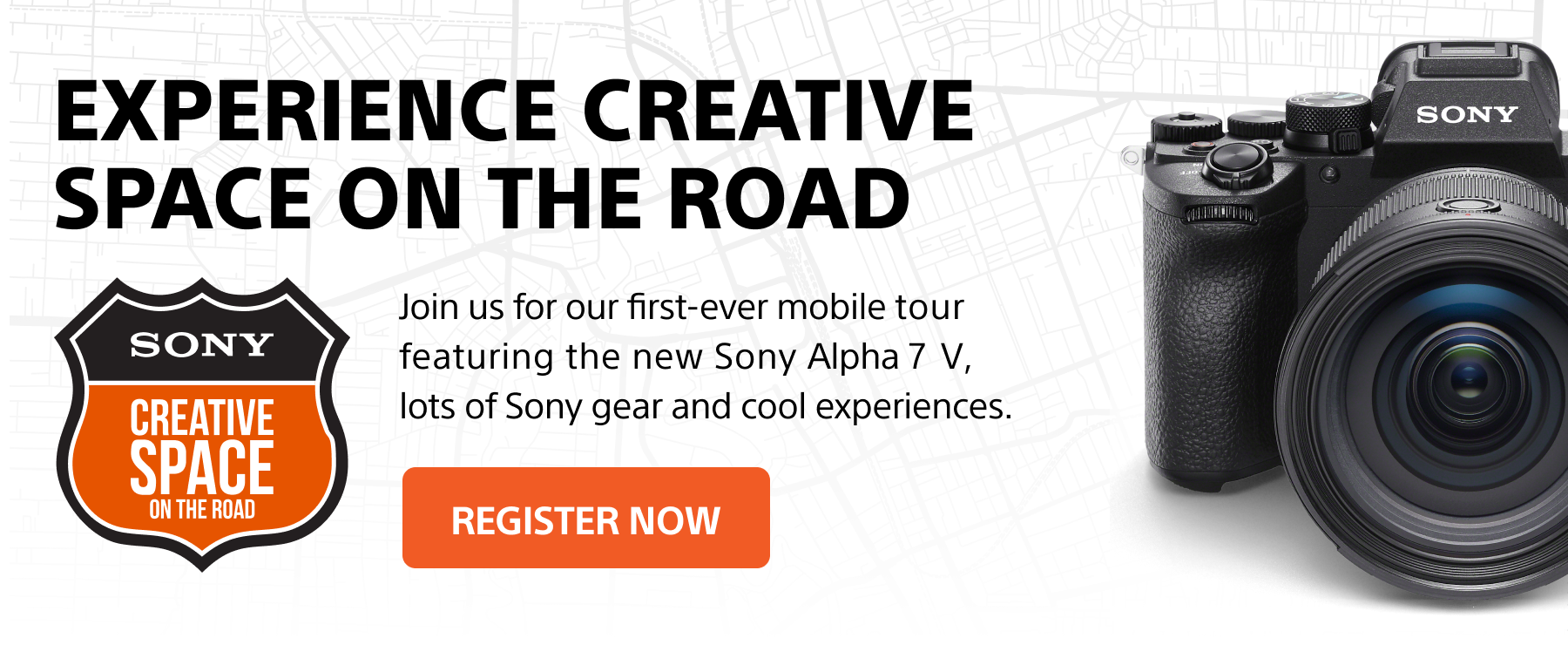What are the three lenses you can't do without. A lot of pros--people who make the bulk of their living with the camera--have shelves full of gear. Cameras, lenses, tripods, filters...the list goes on. But the vast majority of it of it stays right there on the shelf. For the bulk of their work, there are usually a few key lenses that capture the majority of the images. These are the lenses that render the world the way they see it with their eyes. In today's Top Three, we talk with Ira Block about the lenses he always has with him.
Sony Vario-Tessar T* FE 24-70mm f/4 ZA OSS Lens
Kinkaku-ji, officially named Rokuon-ji , is a Zen Buddhist temple in Kyoto, Japan. Also known as the Golden Pavillion.
"In Kyoto, Japan I was photographing the Golden Pavilion using my favorite walk around lens, the 24-70mm f/4. In a situation like this a zoom is great for fine tuning your composition. Framing the Golden Pavilion with the yellow leaves was important to me - on the left side and top of the frame - and a zoom lens gives you the ability to precisely work with your composition. I also wanted to keep the great reflections in the water to help balance my foreground. Of course, a few weeks ago I obtained the new 24-70mm f/2.8 G Master lens, and now I have to decide which lens will be my new favorite! It’s a great focal length that will cover most subjects, and the f/4 version is nice and small."
Sony FE 28mm f/2.
Prayers at Gandantegchinlen Monastery, Monglia's largest functioning Buddhist monastery in Ulaanbaatar. The Tibetan name translates to the "Great Place of Complete Joy".
"I was at the Gandan Monastery in Ulaanbaatar, Mongolia and spotted a family lighting some candles behind a well know statue. It was fairly dark, but I had the Sony 28mm f/2 lens on my α7S body and was able to shoot at ISO 2000 1/80 at f/2.8 The tilt up monitor on the back of the camera made it easy for me to get a low, interesting angle of the people and the great dynamic range of the Sony camera allowed me to hold the highlights from the flames and all the shadow detail in the background. I really appreciate the 28mm in a situation like this because it is such a small and very unobtrusive lens. This photo was taken in August of 2015, and this past August 2016 I was again in Mongolia and somehow lost my 28mm. The moment I returned to New York I purchased a new one. The 28mm f/2 is a terrific lens for low light shooting, and it's nice and small. When I'm working in intimate situations the Sony α7-series cameras and this lens are a very small and discrete package."
Sony FE 90mm f/2.8 Macro G OSS
Traditional Chinese opera actors preparing before a performance in the Chinatown district of Bangkok, Thailand. During the Chinese Vegetarian Festival.
"Chinese New Year is a big event in Bangkok, Thailand, and a performance by the Chinese Opera Company is a must see. I was lucky that a friend of mine in Bangkok was well connected and was able to get me backstage to the opera. I had just purchased the 90mm Macro lens and thought this would be a good opportunity to use the lens and for portraits of the actors getting prepared. I had it on the Sony α7R II and was shooting at ISO 4000 which allowed me shoot at 1/320 wide open at f/2.8. I like using a fast shutter speed because people were moving around fairly quickly. And upping the ISO to 4000 was no problem because it looks great on the α7R II. What really impressed me with the images was the beautiful bokeh the lens produces. I like shooting portraits horizontally and cutting a bit of the top of the head off in order to draw the viewer more into the eyes. And when shooting in this landscape mode you have a bit of space, in this case on the left of the face, which allows you to take full advantage of the lens’ bokeh. It's razor-sharp lens with fabulous contrast. The fast aperture is great, and combined with the high ISO capabilities of my Sony Alpha cameras, it works well in available light."
The Sony Vario-Tessar T* FE 24-70mm f/4 ZA OSS and the Sony FE 90mm f/2.8 Macro G OSS are available with special pricing as part of the Semi-Annual α Lens & Accessory Promotion.





